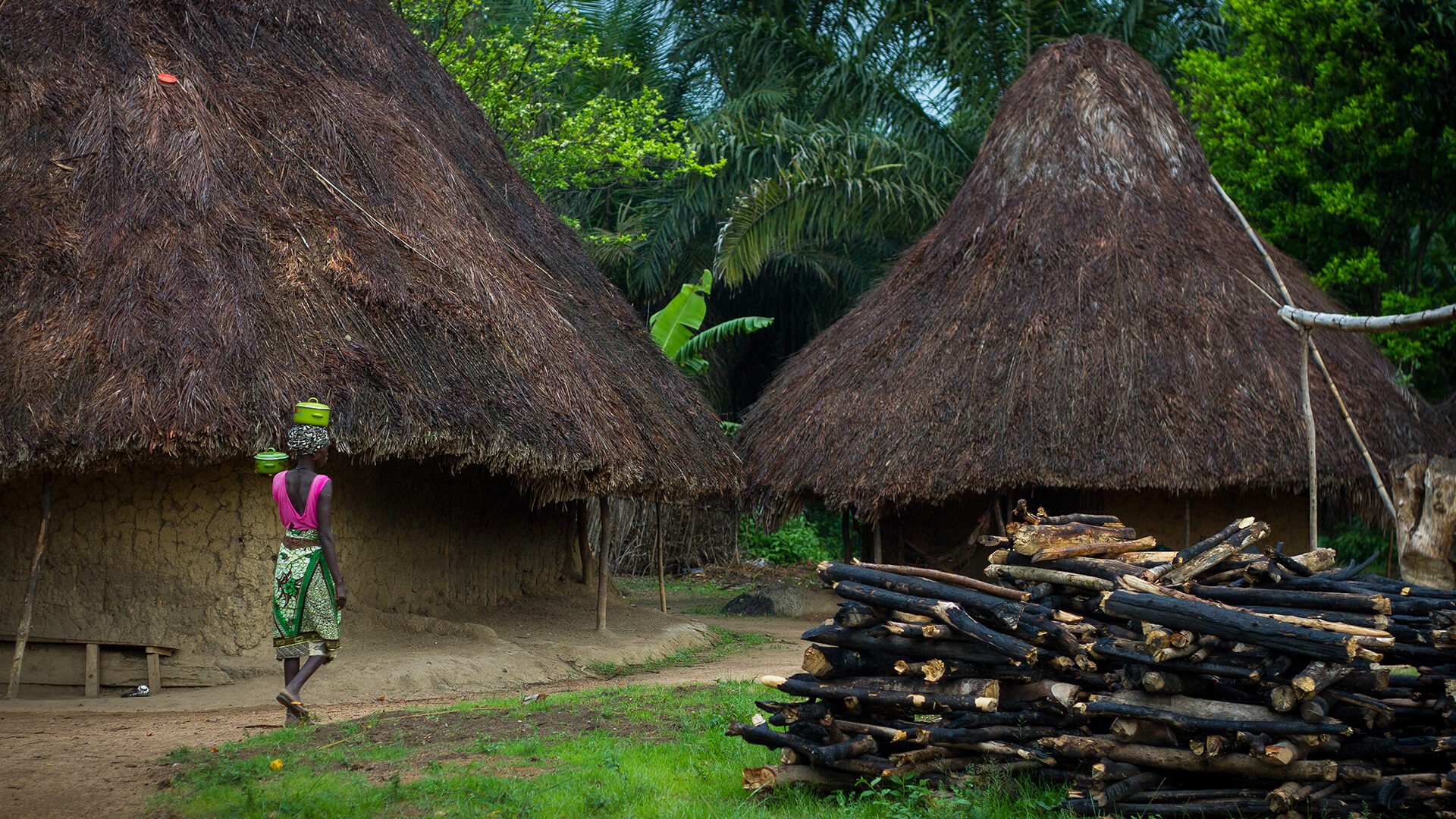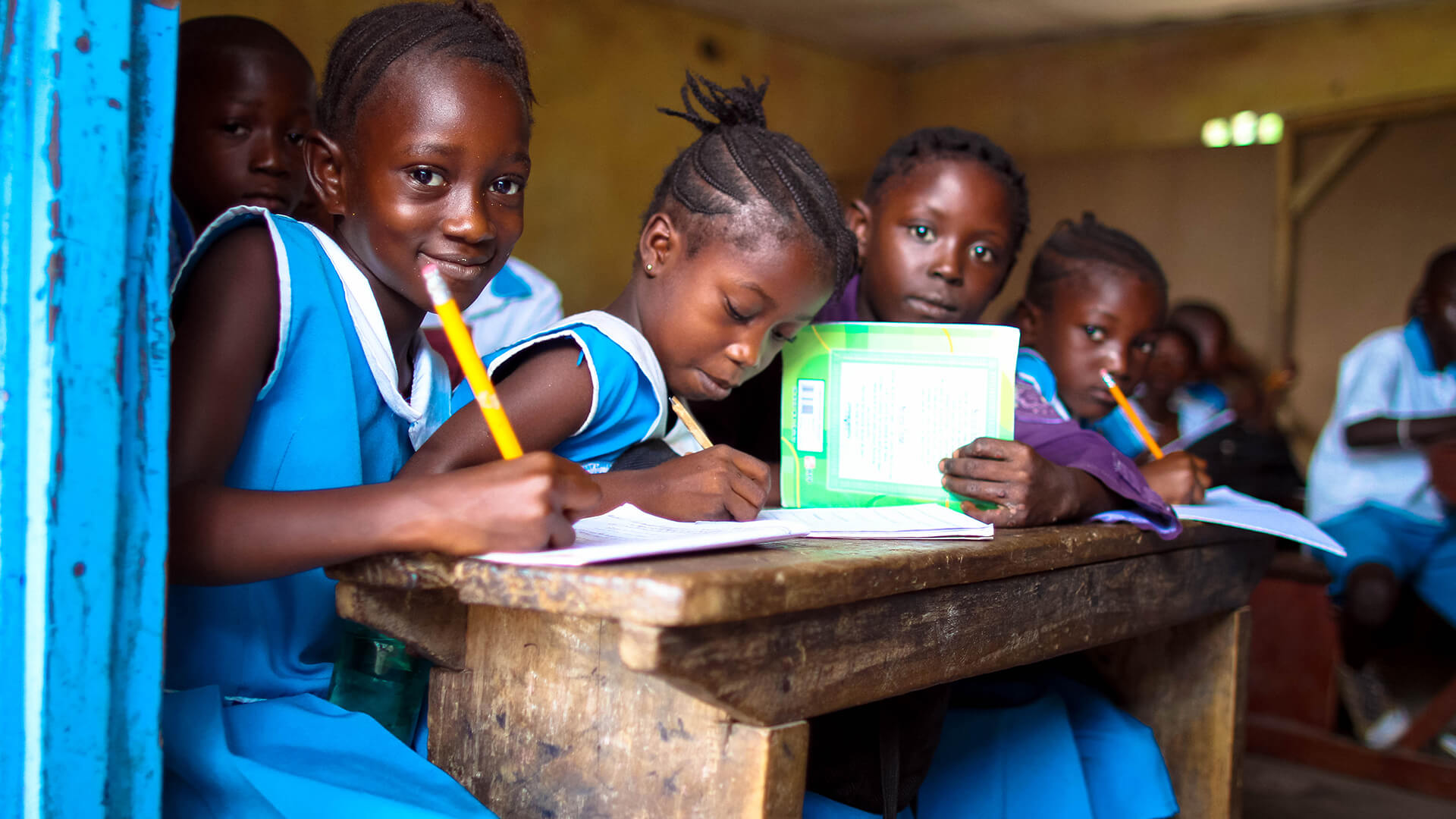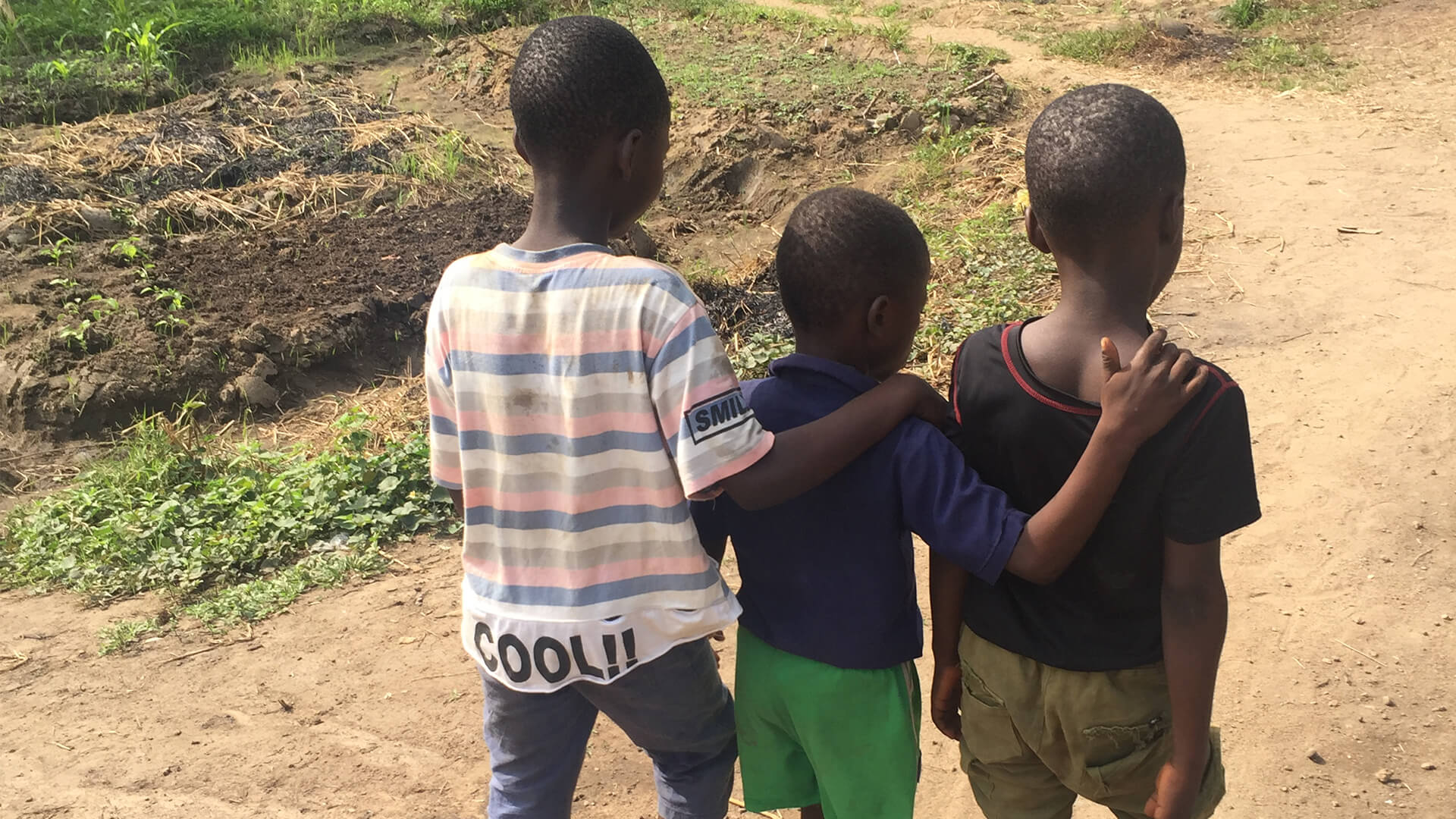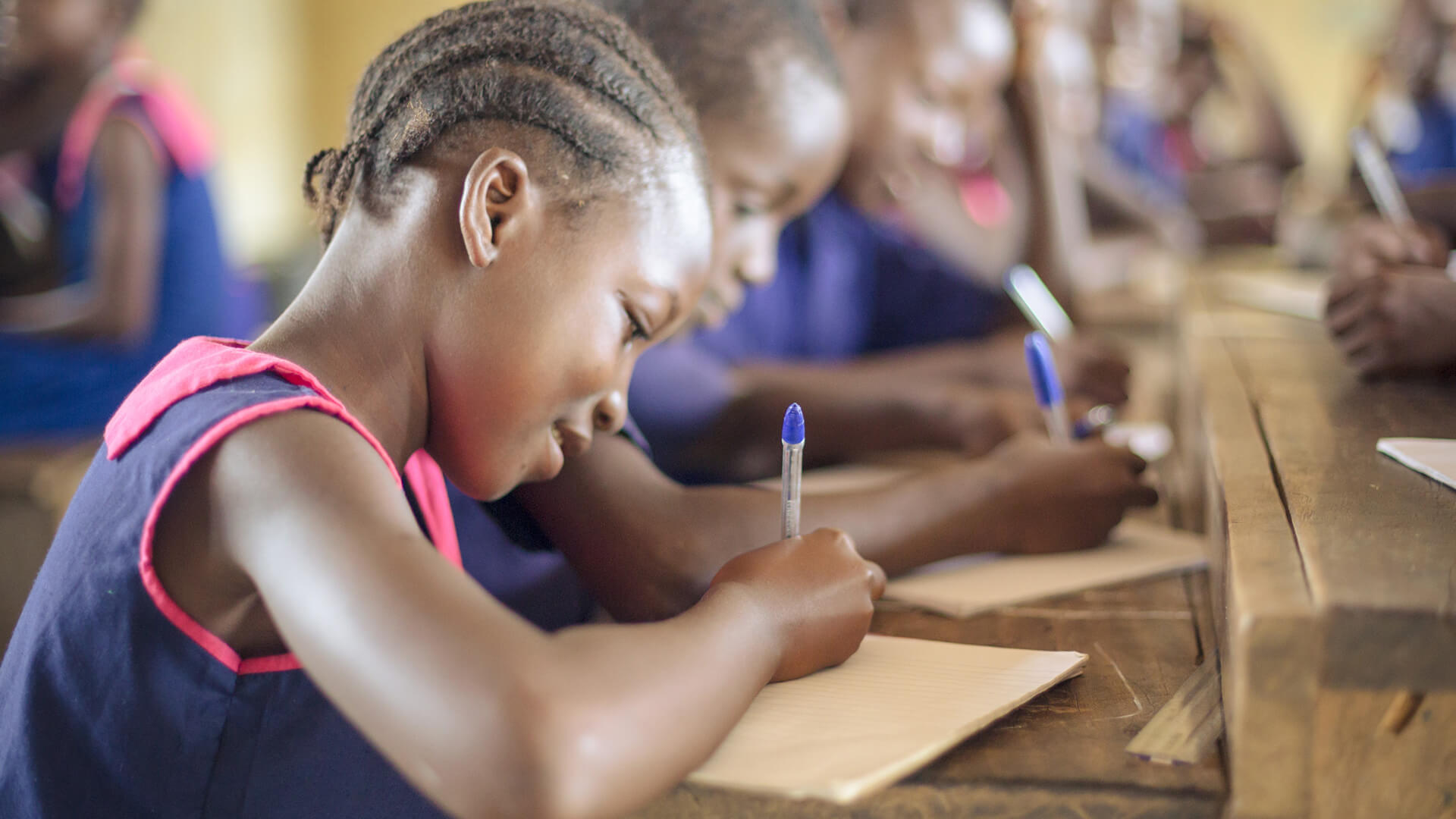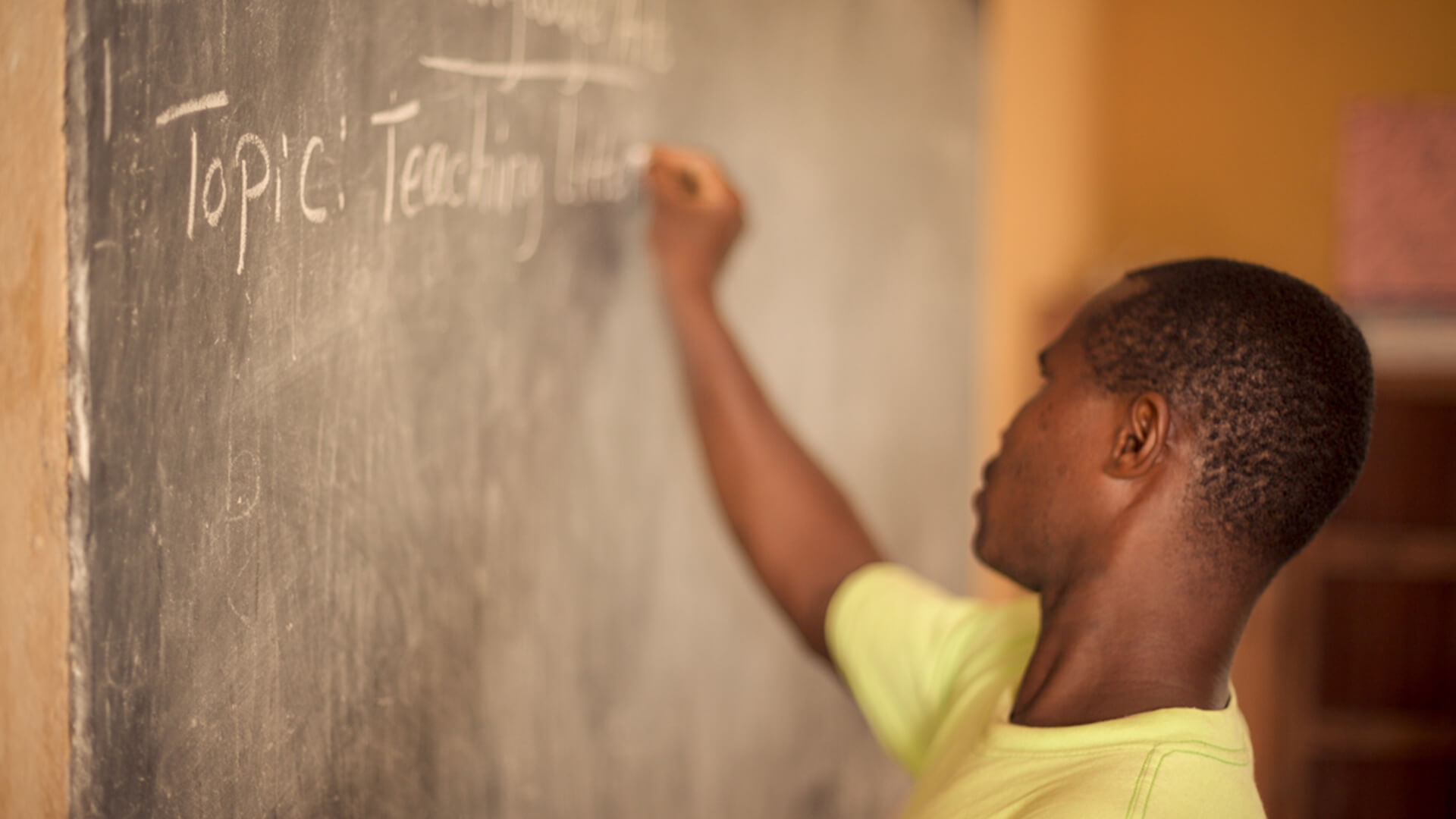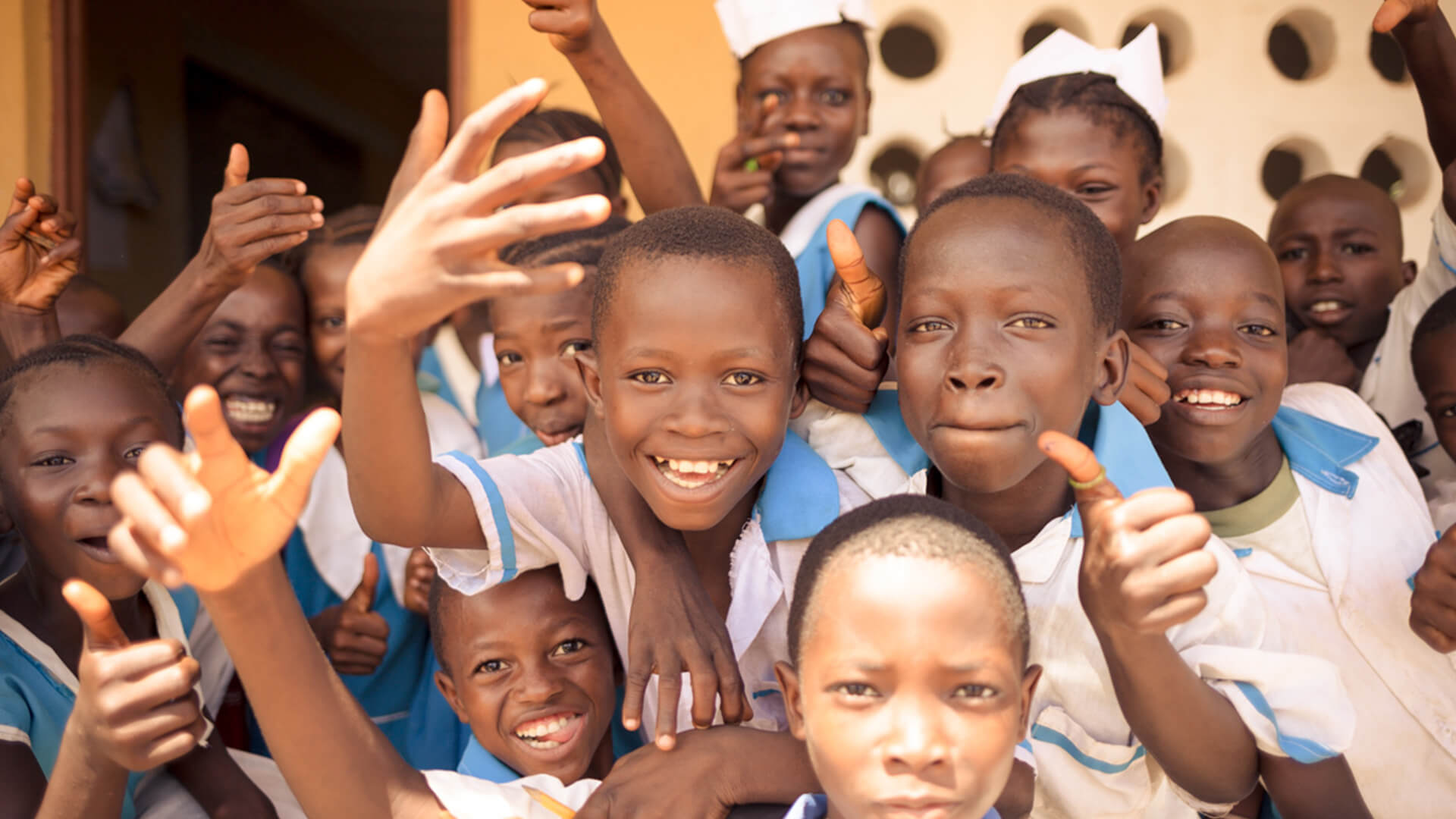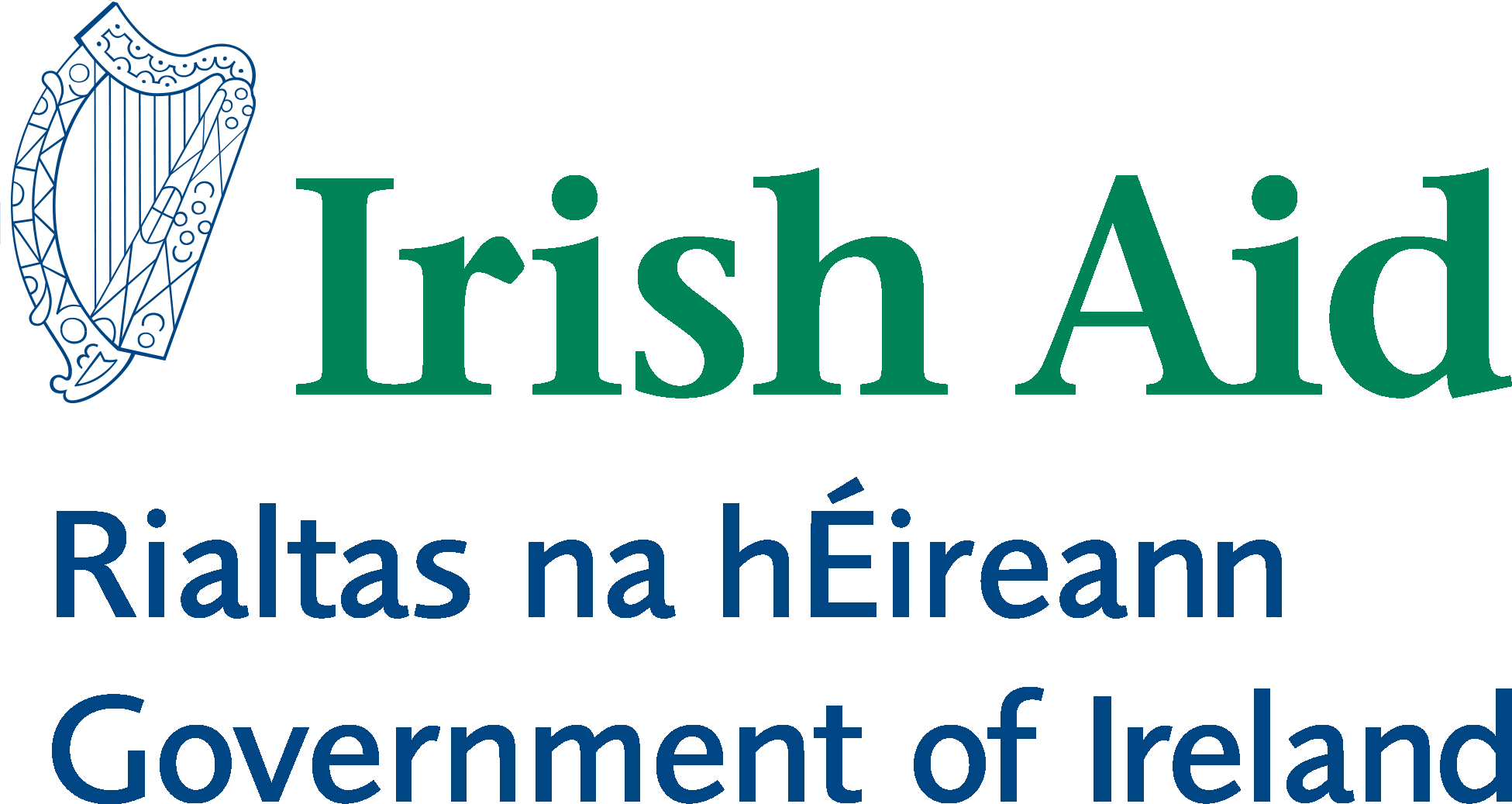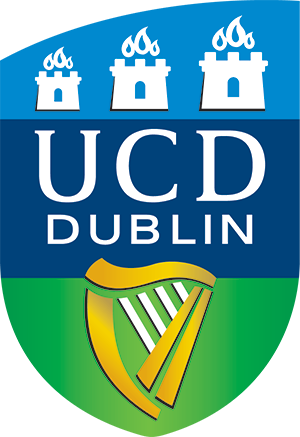About Us
Research Design
RC Primary School for Boys, Magburaka, Tonkolili, Sierra Leone
What is the aim of the Safe Learning Study?
The Safe Learning Study aims to:
- Explore the socio-cultural context of children's lives and the impact on their learning
- Consider gender dynamics in children's lives, including in their learning
- Consider children's wellbeing and changes in this over time
- Explore the everyday practices of children, their teachers, and principals in primary schools
- Track children's progress in literacy over time
- Assess the impact of the Safe Learning programme on children's literacies, wellbeing and gender equality
Safe Learning Study Design
The pilot phase of the study took place from 2017 – 2018 in 10 schools. It consisted of
- Baseline testing of children in October 2017 and end-line testing in May 2018.
- In-depth qualitative work with up to 30 children in one school. Detailed ethnographic data was also conducted plus an intensive case study analysis of four families. Interviews were also held with school staff and community leaders.
- Assessing the feasibility of undertaking a randomised controlled trial of the Safe Learning Model in more communities.
- To trial the range of methods appropriate to the study of children’s everyday lives inside and outside school
- The development and testing of culturally sensitive instruments measuring Child Wellbeing, Gender Equality and Gender Violence
The ethnographic data was collected using observant participation methodology and child-centred qualitative research as well as visual ethnography techniques, including photo-voice, life-course drawings and family trees.
Pilot report executive summary available here.

